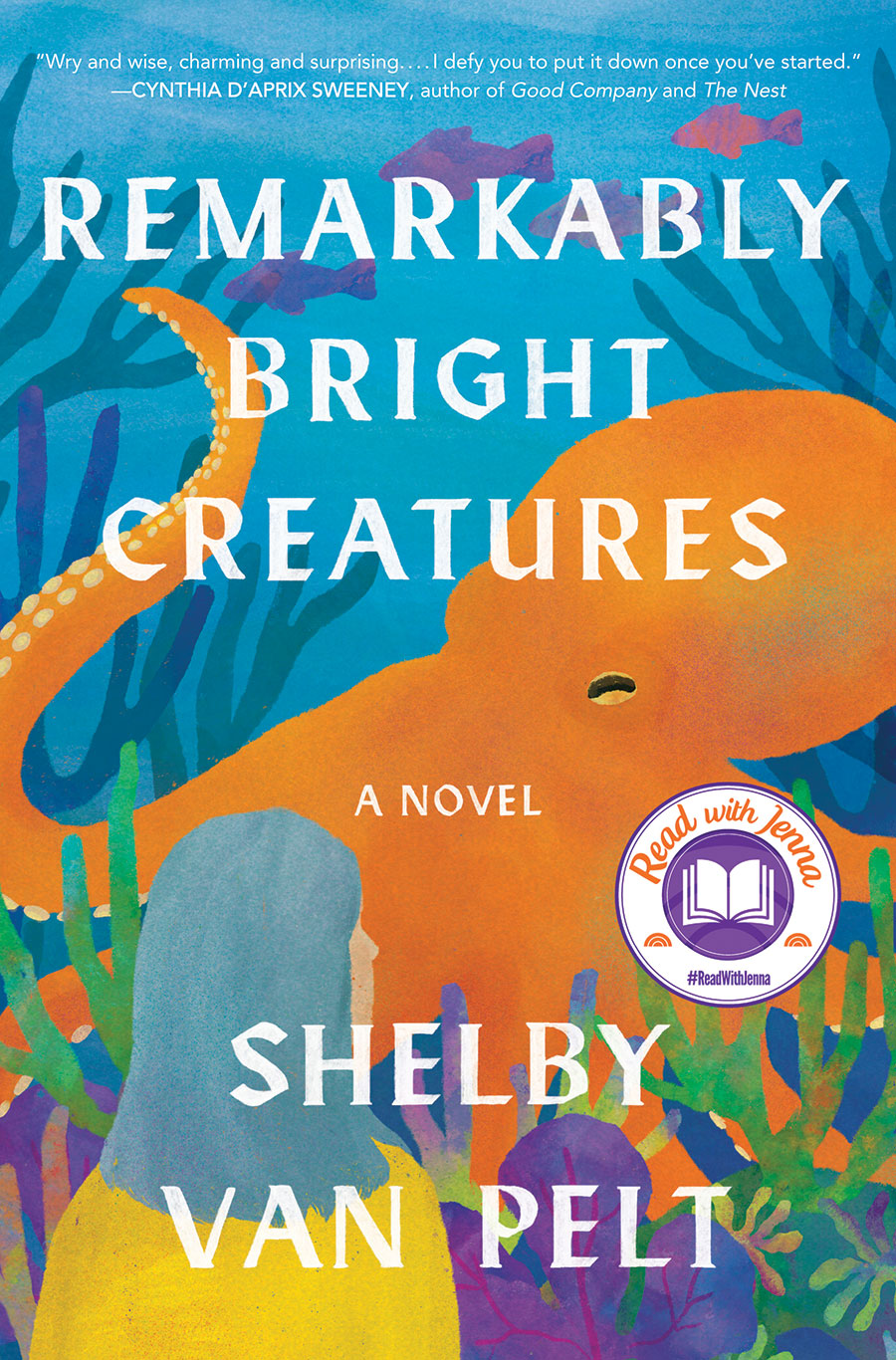Title: The Ones Who Walk Away from Omelas
Author: Ursula K. Le Guin
# of Pages: 4 (pdf)
Genre: Short Stories, Fantasy, Science Fiction
Rating: ★★★★☆
Synopsis: In this short story, Le Guin describes the utopian city of Omelas during the Festival of Summer.
Review: "If the hypothesis were offered us of a world in which Messrs. Fourier's and Bellamy's and Morris's utopias should all be outdone, and millions kept permanently happy on the one simple condition that a certain lost soul on the far-off edge of things should lead a life of lonely torture, what except a specific and independent sort of emotion can it be which would make us immediately feel, even though an impulse arose within us to clutch at the happiness so offered, how hideous a thing would be its enjoyment when deliberately accepted as the fruit of such a bargain?" - William James
This question is what The Ones Who Walk Away from Omelas is based upon.
(Since this book is so short, the whole review beyond this point will be a spoiler.)
Yet another book inexplicably recommended by BTS, I was surprised to find this book significantly shorter than Demian. However, don't be fooled by its size; it is just as thought-provoking as many other books.
The narration is refreshing; I felt like I was sitting with a new acquaintance trying to convince me of the beauty and peacefulness of this unknown Omelas city. Not knowing at all what this short story was going to be about, I was perfectly willing to accept the fact that Omelas was the definition of perfection, but the narrator's insistence that my imagination was not doing this fictional city justice was amusing.
But my favorite part was the tonal shift when the narrator finally drops the strangely pushy positivity to reveal the city's sole imperfection; the lonely child who's suffering allows everyone else to live in their utopia. The fact that it is a child who seems to be forced to sacrifice "it's" (as it is referred to in story) happiness gave me chills up my spine. While Le Guin most likely uses the it pronoun to keep the child gender neutral, I found it interesting how dehumanizing is was. The child used to be able to talk, but its seclusion has degraded its speech to animalistic noises. This dehumanization of the child makes it easier for the Omelas to let go of their guilt and live happily.
This brings us back to the question of whether it is right to sacrifice one person's happiness for the greater good of others. The people who live in Omelas seem to think so, especially since the child is out of sight and out of mind. As a reader, this does not feel the right choice; if I were in the child's shoes, I would not want to be the one chosen to suffer while everyone else to live prosperously. Leaving the Omelas does not feel like the right choice either; while it lessens the person's guilt, it does not end the paradox. The best option would be never to agree to the conditions in the first place, assuming the people of the city would live similarly to how we are today. Yes, there would be a greater amount of suffering, but at least everyone would have free will (which opens up a different can of worms, but we won't get into that).
We can find that this situation exists in real life; the wealthy upper class is living the high life while the lower classes struggle and suffer for their benefit. The prosperous may visit the poor, but more often than not, nothing is done to fix their difference.
There's no clear right answer. It's been almost 24 hours since I read this story, and I'm still wrestling with the question is presents. I recommend you read the story for yourself and form your own opinion.









